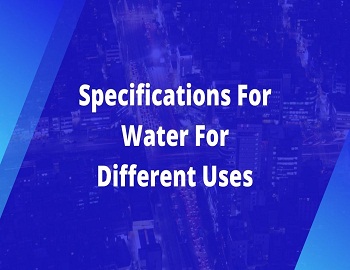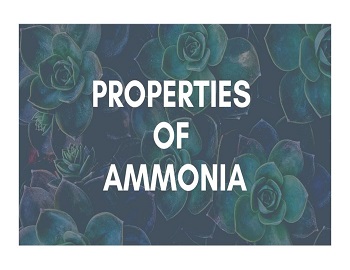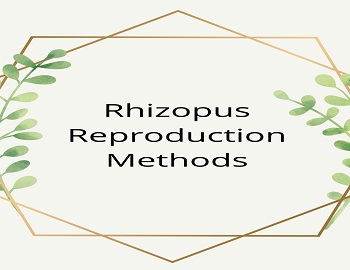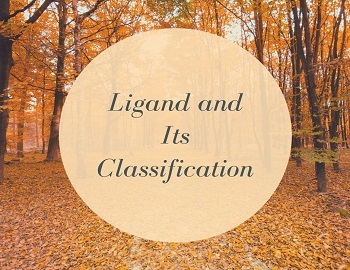Specifications For Water For Different Uses:
Different uses of water require different specifications. Each industry has its specifications on water. A few examples are given below-
(1) Boilers- The water used in boilers should be soft. Because hard water leads to the formation of scales and sludges, which prevents efficient heat transfer. The untreated water can also lead to corrosion and sometimes even explosions can occur.
(2) Textile Industry- The water used in the textile industry should be soft and free from organic matter. If hard water is used, it decreases the solubility of acidic and basic dyes. Therefore uniform dyeing is not possible. The presence of organic matter imparts a foul smell.
(3) Laundries- The water used in laundries should be soft and free from colour, Fe and Mn salts. Because hard water increases the consumption of soap and the presence of salts like Fe, Mn imparts yellow or grey shades to the fabric.
(4) Paper Industry- The water used in the paper industry should be free from-
- SiO2, as it produces cracks in the paper.
- Fe and Mn salts, as they affect the brightness and colour of the paper.
- Alkalinity, as it consumes alum and increases the cost production.
- Hardness, as it increases the ash content of the paper.
(5) Beverages- The water used should not be alkaline as it destroys or modifies the taste by neutralizing the fruit acids.
(6) Sugar Industry- The hard water should not be used because it results in the formation of deliquescent sugar and cause difficulty in the crystallization of sugar.
(7) Cooking- The water used for cooking should be soft because-
- Fuel requiremnt is high if hard water is used.
- Hard water imparts unpleasant taste if it is used for making coffee or tea.
- Hard water increases the cooking time.
(8) Dairies and Pharmaceutical Industry- These industries require ultra-pure water, i.e., it should be colourless, odourless, tasteless and free from pathogenic organisms.
From the above discussion, it can be concluded that water needs to be treated to remove all undesirable impurities before it is used for different purposes. So “Water treatment” is the process by which all types of undesirable impurities are removed from the water and making it fit for domestic or industrial purposes.









Comments (No)